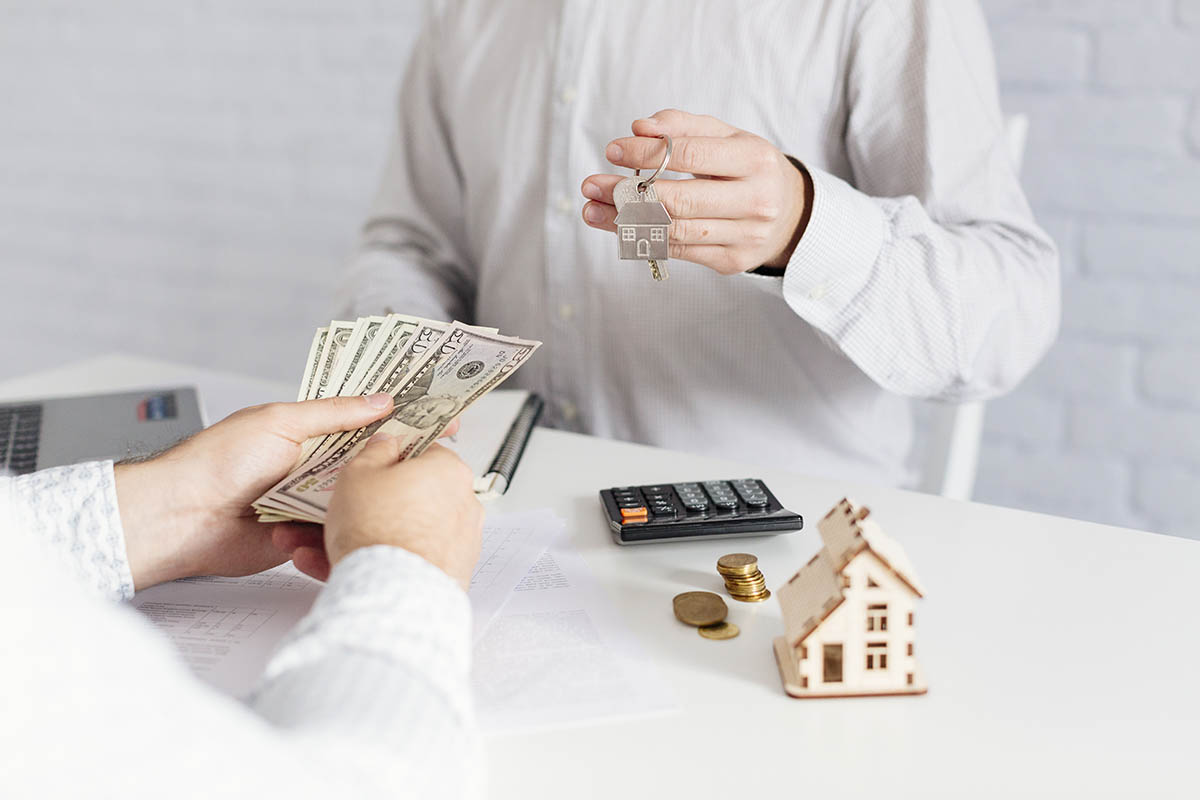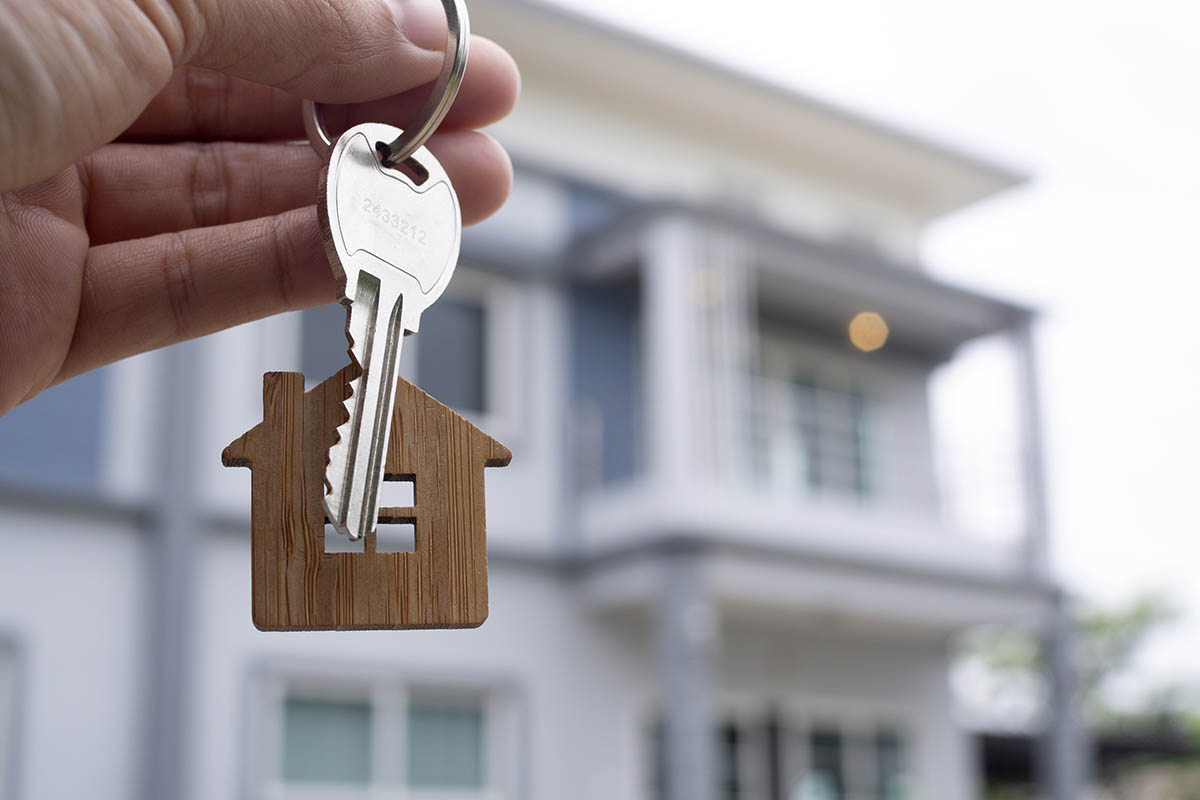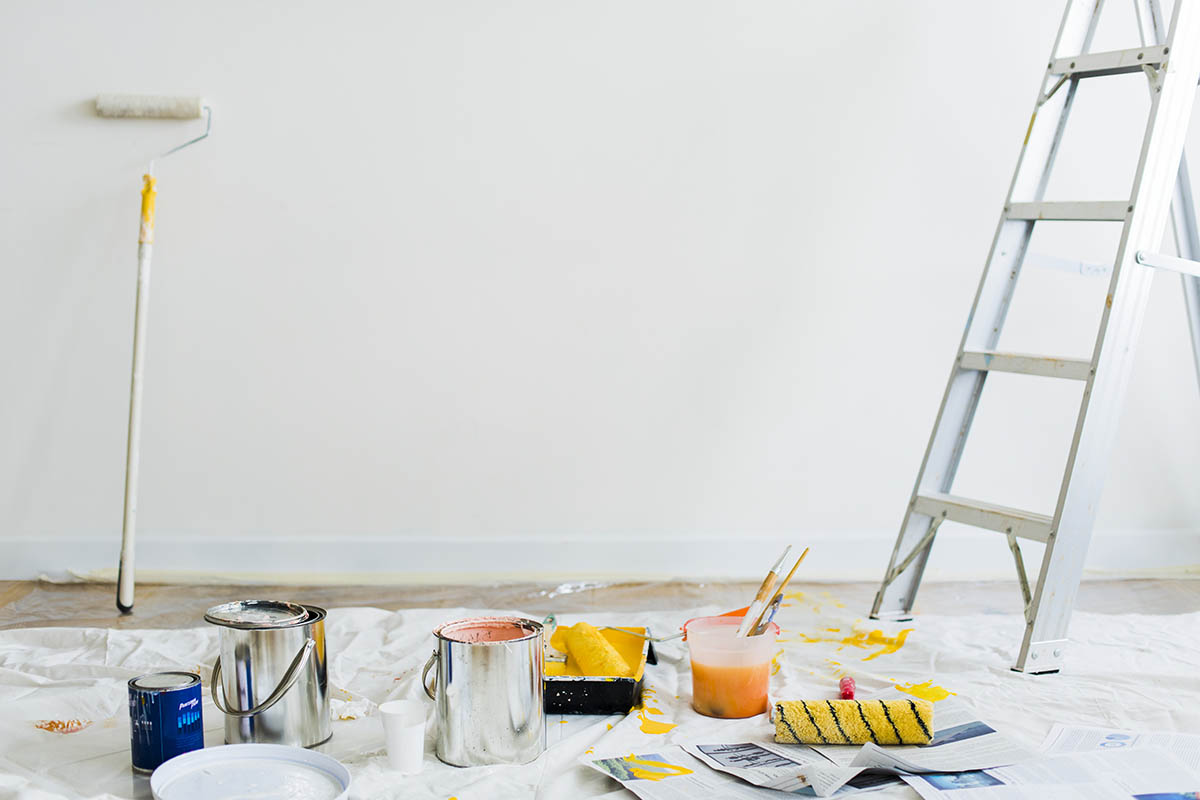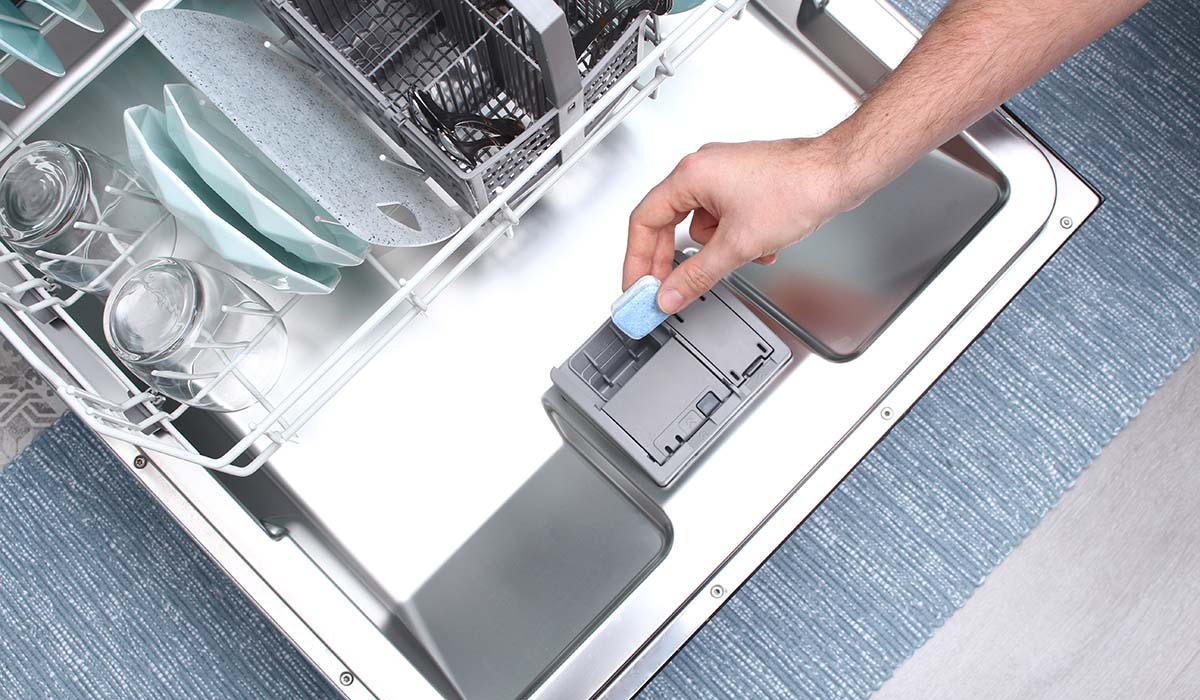Mistakes When Selling a Home
KEY POINTS
- Overpricing Your Home: Setting an unrealistic price can deter potential buyers and prolong the selling process. It’s important to set a competitive price based on market valuations and trends, which is one of the mistakes when selling a home.
- Neglecting Repairs and Improvements: While significant renovations may not always offer a good return on investment, addressing necessary repairs and making cost-effective improvements can enhance your home’s appeal and value.
- Poor Timing: Selling during off-peak seasons, like winter, can affect the sale duration and price. Timing the market to coincide with higher demand periods, like spring, can lead to a quicker and more profitable sale.
- Choosing the Wrong Agent: Not all real estate agents are equal. Selecting an agent based solely on the lowest commission or without proper vetting can result in a less effective selling strategy and lower sale price.
- Failing to Prepare Your Home for Sale: First impressions matter. Not properly staging or preparing your home for viewing can turn off potential buyers. A clean, well-maintained, and decluttered home is more likely to sell quickly and at a higher price.
When you’re preparing to sell your home, strategic planning and informed decisions are key to navigating the process effectively.
Maximizing your property’s value and ensuring a timely sale requires balancing various factors. Unfortunately, many homeowners don’t achieve the best possible deal due to common pitfalls.
To secure a successful sale and the deserved price for your property, it’s crucial to identify and avoid these mistakes.
Seeking advice from real estate professionals, conducting comprehensive market research, and making strategic home improvements can significantly enhance your property’s appeal and value.
Key Strategies for a Successful Home Sale: Tips and Pitfalls to Avoid
Ever felt like you’re sailing smoothly towards closing a deal on your house, only to hit an unexpected snag? You’re not alone. Those “Oops, did I just say that?” moments can turn a promising home showing into a quick exit for potential buyers.
Knowing what not to say when selling a house is crucial to avoid scaring off potential buyers with offhand comments or too much information.
But what truly captures a buyer’s heart? We’ll explore what matters the most when selling a house, from the allure of curb appeal to the promise of a well-maintained, cozy living space.
And for those on the other side of the real estate spectrum, diving into homeownership can be fraught with pitfalls. We’ll lay out at least five don’ts when buying a home, guiding you away from common mistakes that can turn your dream home into a nightmare.
Lastly, the age-old dilemma: Should I fix things in my house before selling? We’ll weigh the pros and cons, helping you decide whether those repairs and renovations could be the ticket to a swift and profitable sale or an unnecessary drain on your resources.
So, grab your life jacket, and let’s smooth out those bumps, making your home-selling journey as seamless as possible.
Expert Tips on What Not to Say When Selling Your House
Selling your home involves more than just showcasing its best features; it’s also about steering the conversation in the right direction. Top real estate experts agree that specific phrases and topics can inadvertently turn potential buyers away or devalue your property.
Here’s a closer look at what to avoid saying and why, backed by insights and statistics that underscore their importance.
- Oversharing Personal Information
Experts caution against sharing too much personal information. While it might seem harmless, revealing why you’re moving, especially if it’s due to financial difficulties or a job loss, can give buyers the upper hand in negotiations. A study by the National Association of Realtors (NAR) suggests that buyers are likelier to present a lower offer if they sense the seller is in a hurry to sell due to personal reasons.
- Negative Aspects of the Neighborhood
Highlighting the positive features of your neighborhood can bolster your home’s appeal, but mentioning any negatives can have the opposite effect. Whether it’s the noisy street at night or the frequent traffic jams, these comments can linger in a buyer’s mind. Data from Zillow reveals that homes in quieter neighborhoods can sell for up to 10% more, underscoring the impact of perceived tranquility on property value.
- Unnecessary Disclosures About the Property
While honesty is crucial, especially regarding disclosures required by law, avoid volunteering information about minor imperfections that have already been resolved. Real estate consultants suggest this can lead to unnecessary concerns or a focus on faults rather than the home’s overall appeal.
- Discussing Potential Changes or Upgrades
You might see potential in your home for various upgrades or changes, but experts advise keeping these ideas to yourself. What you envision as an improvement, such as converting a bedroom into a gym, might not align with the buyer’s plans. A survey by HomeLight found that buyers prefer homes that allow them to envision their changes quickly rather than being guided by the seller’s suggestions.
- Price Negotiations
Finally, be cautious when discussing price. Stating that there’s room for negotiation might lead potential buyers to undervalue your property. Conversely, asserting that the price is firm might deter negotiation-shy buyers.
The key is to strike a balance, allowing your real estate agent to handle price discussions based on their market expertise and negotiation skills.
If you’re wondering “how much is my home worth?” consider consulting with your agent for a precise valuation to guide these discussions.
By being mindful of these conversation pitfalls, you can create a more favorable impression of your home and navigate toward a successful sale. Remember, in real estate, sometimes what you don’t say is just as important as what you do.
What are at least 5 don’ts when buying a home?
Be realistic
Before you put your home on the market, get valuations from reputable agents. Generally, it’s best to get more than one valuation so you can ensure that the information you’re being given is accurate. Starting at a much higher asking price might be tempting, but this could delay a sale. If you want to sell your home more quickly, advertise your property nearer the valuation price.
Mistakes When Selling Home: Don’t spend too much
Sometimes, making minor repairs to your property can enable you to achieve a higher asking price. However, undertaking major renovations could cost more than it’s worth. Suppose your property needs a significant amount of work.
In that case, there may be an easier way to sell it than spending weeks – and a good amount of your hard-earned cash – on redecorating or renovating it, which may not even be a possibility for you if you are moving to a tight deadline to start a new job, for example.
As such, instead of selling to another family or couple, you could sell your property to a management firm, renovation company, or even to a quick-sale company. You can identify reputable quick-sale companies by searching online for something like “we buy houses for cash atlanta” (and, of course, tailoring this search to your local region or area) and reading testimonials from previous clients.
Choose the right time
If you aren’t in a rush to sell, choose the right time to put your property on the market. Typically, houses take longer to sell in the winter months, so you might be better off waiting until the Spring to advertise your property. By planning, you can choose the best time to sell your home and take advantage of increased buyer demand.
Don’t go with the first agent
If you use an agent to sell your property, don’t necessarily choose the first one you meet with. Instead, do your due diligence and compare what different realtors can offer.
Remember – a real estate agent will take a commission from the sale, so negotiate as much as possible. By doing so, you can pay less commission when the sale is complete and retain more of the funds.
Be honest
If your home needs repairs, don’t try to hide them from potential buyers. In most cases, prospective buyers will have a property survey carried out before completing a sale so that these issues will come to light anyway. By honesty from the get-go, potential buyers will know that they can trust you.
Mistakes When Selling Home: Getting Your Home Ready to Sell
It must be ready for viewing if you want to sell your home. While you don’t need to make your property look immaculate, you want to show it off to its best advantage.
Mow the lawn, declutter surfaces,, and keep the windows clean. These relatively minor things will improve your property’s curb appeal and may increase the number of offers you receive.





















